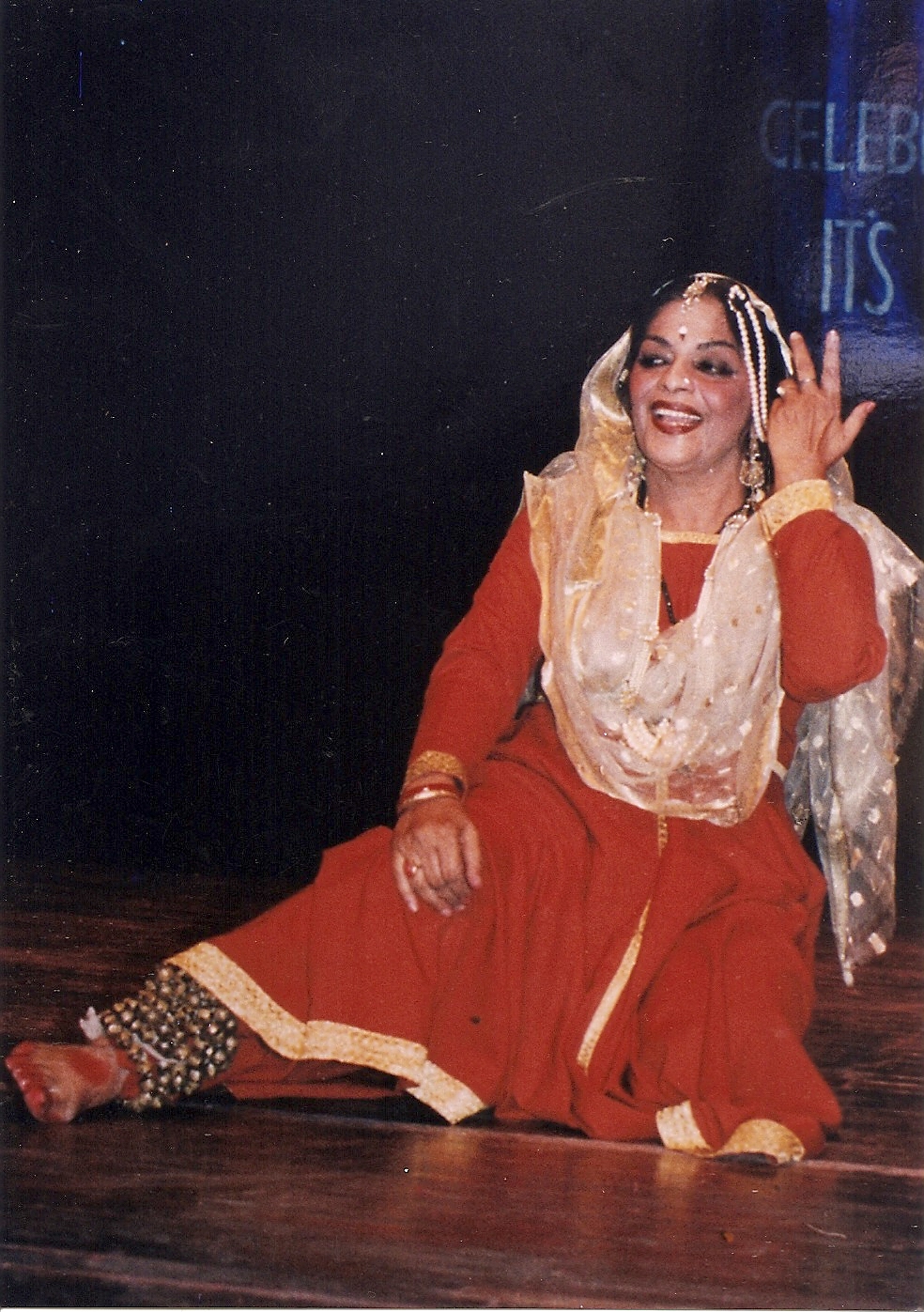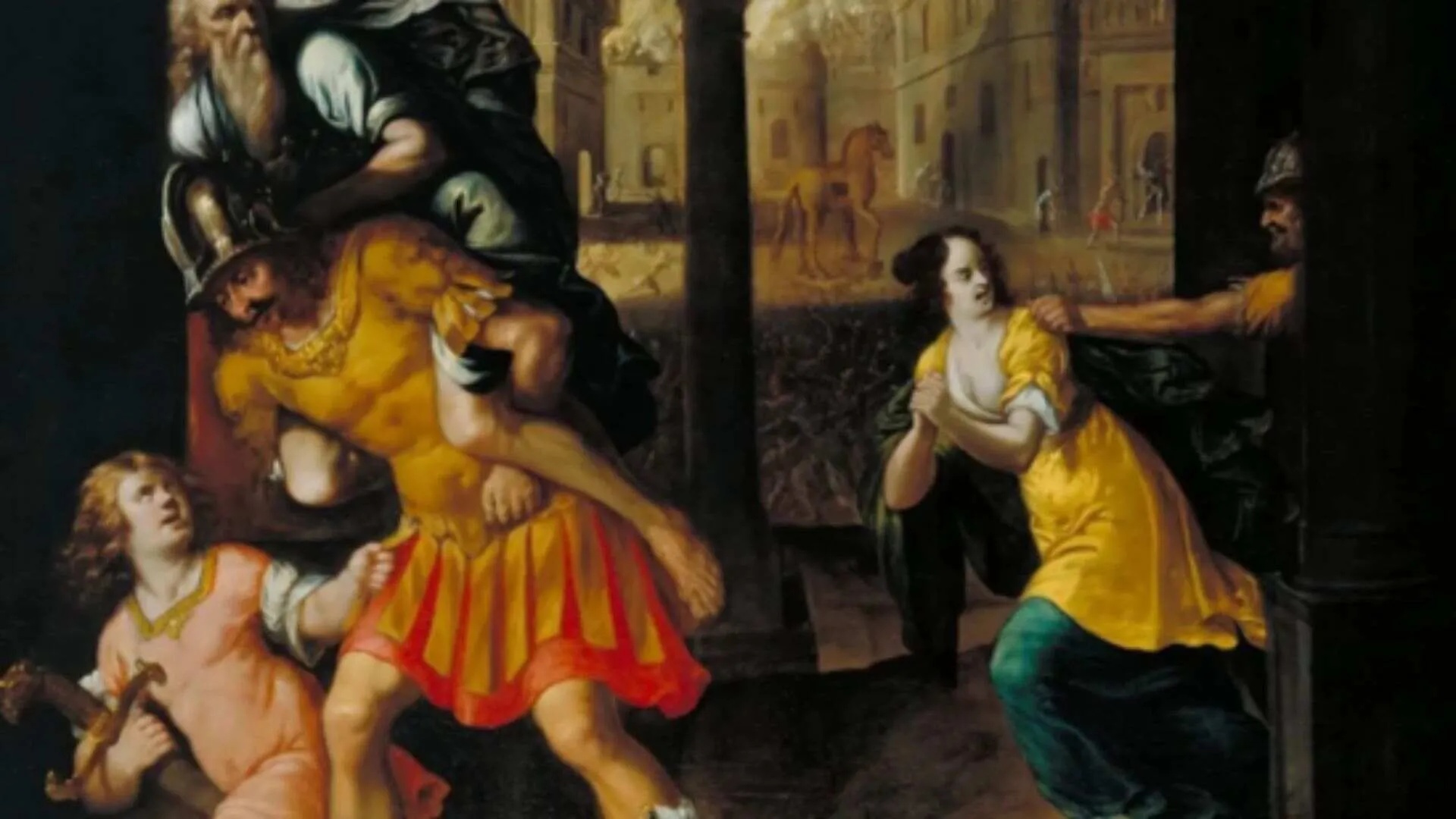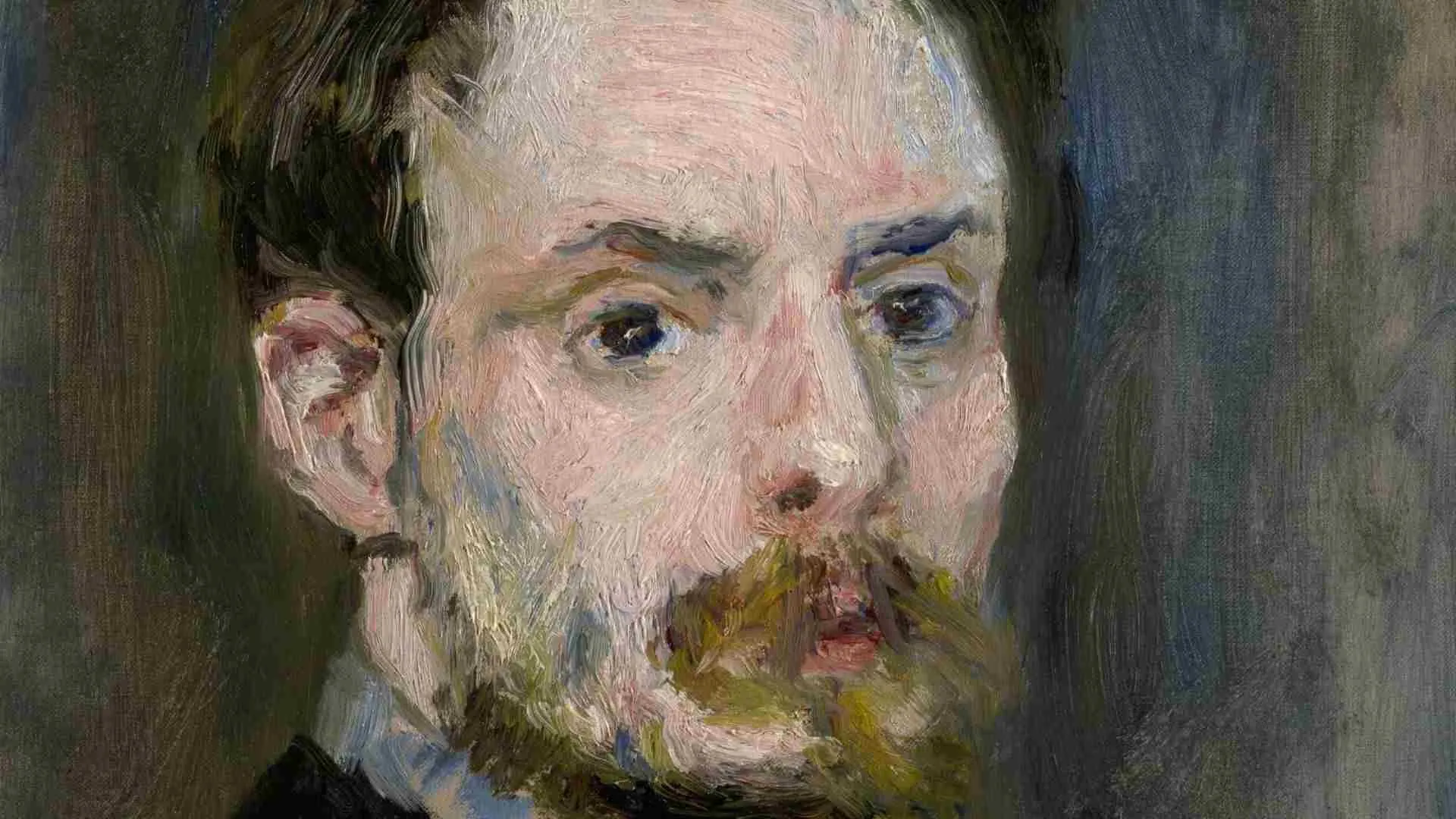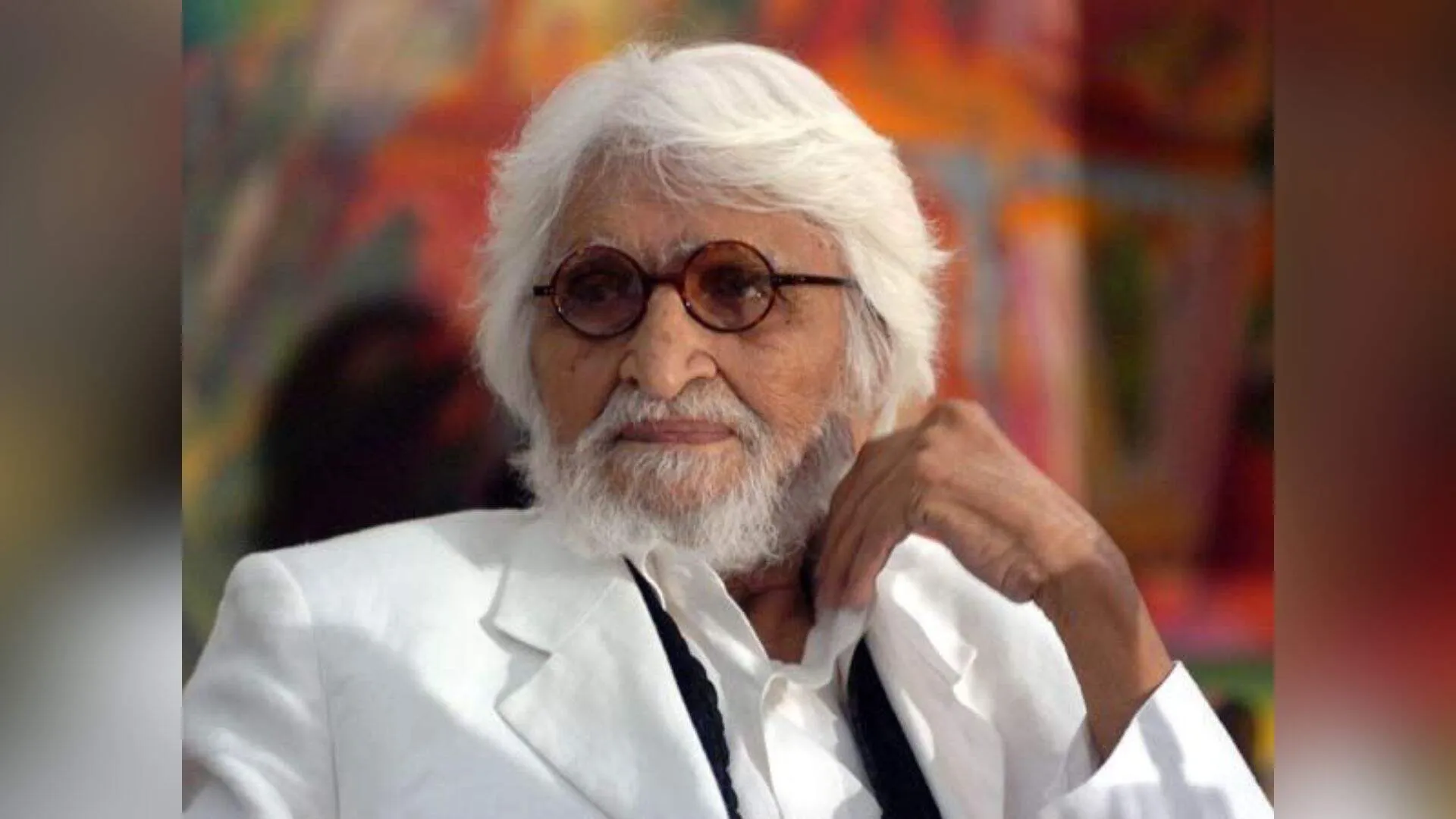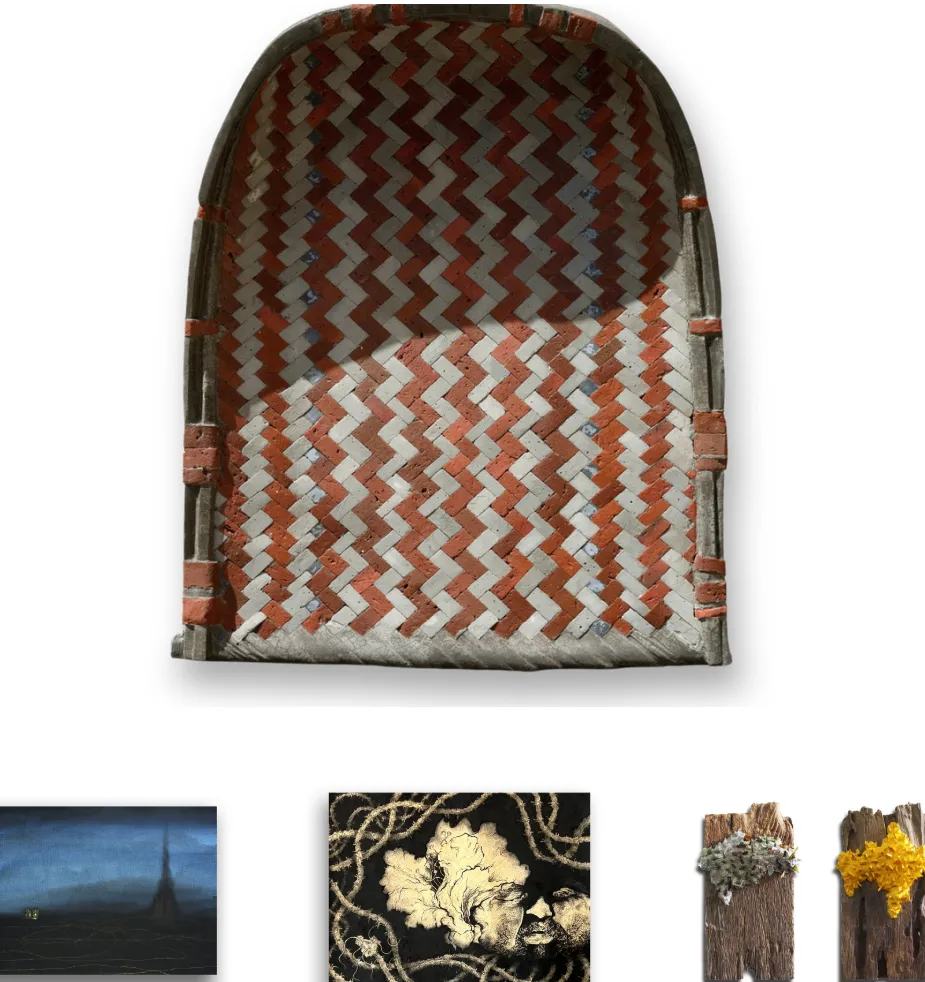Indian classical dancer Uma Sharma was awarded Padma Bhushan in 2001 for her unique contribution to the cultural traditions of the country. She was born in Delhi in 1942 as her family settled here from Dholpur in Rajasthan. She has revolutionised the repertoire of the classical dance form of Kathak by enriching it with literature, poetry and other intellectual works. In a candid conversation she gives insights on her journey as a Kathak exponent.
Excerpts
Q. How did you become interested in Kathak and what drew you to this particular style of dance?
A. In my childhood days, Kathak was quite popular in Delhi. But people were very sceptical about dance as profession, and they used to learn some oriental style of dancing but as my father Pt. Vasudev Sharma was Sanskrit scholar, he encouraged me to follow my dreams and learn Kathak. Music was more popular than dance but I was inspired with kathak dance and started learning from my first guru Girvar Dayal of Jaipur Ghrarana. I used to practice for more than seven hours daily with full passion.
Q. Could you tell us about your training in Kathak, and how it has influenced your career as a dancer especially your association with your gurus?
A. I was recommended to dance by Sundari Shridharani, disciple of Uday Shankar. She advised my father to train me in dance. But my father insisted that my singing was better so I should first learn singing and practice the bandish written by him – koyalia bole dar par. My mother was of the view that I should learn dancing but also pay attention to education which was most important. I did my schooling from St Thomas School then graduated from Lady Shri Ram College in Delhi.
Then I joined theatre director Narendra Sharma, who was looking for young dancers for Begum Zaidi’s play Abhigyana Shakuntalam. Along with my elder sister Rama, I went for the audition. She got the main role of Shakuntala but then she left that play and since I was the mischievous one, the director found me more fit for role of Shakuntala’s friend Priyamvada. I still remember Pt. Nehru praising that small little girl – that was me – dancing so well.
In the 1960s Bharatiya Kala Kendra’s Sumitra Charat Ram saw me and gave me the role of Sita in her production Ramayana. Its director was Guru Gopinath and he taught me Kathakali. After these experiences, I was very confused and unable to decide what dance form to learn and take forward. Then I met singer Smt Naina Devi and Keshav Kothari of Sangeet Natak Academy (SNA) both told me to learn kathak. Then I started my training under various gurus like Guru Sunder Prasad of Jaipur and Pt. Shambhu Maharaj of Lucknow gharana.
Q. Which are some of your memorable productions or works that you have undertaken in your long career.
A. I did this unique production name “Stree” (women) which is dance drama on social evils like sati pratha and rape in our society. There I compared women with Durga who has all the powers. Stree depicted the beauty of a woman- compared it to the moon, the production has been greatly admired for its powerful thematic content and artistic presentation. I remembered seeing the movie Madhumati almost eight times at Golcha cinema because of Dilip Kumar, my favourite actor, after bunking classes from college. I also loved Vaijayanti Mala’s dancing in the song daya re daiya chad gaya papi bichua.
Q. Could you share with us a particularly memorable performance or moment in your career as a Kathak dancer?
A. In 1973, I introduced Ghalib to the world through my dance. I also made a teleserial “Naina” that had covered thirteen episodes from different poets of Hindi, Sanskrit and Urdu covered mainly Surdas, Raskhan, Ghalib, Bulle Shah, Tulsidas, Krishnadas, Firaq Gorakhpuri and Kaifi Azmi. Then my great achievement was getting the haveli of Ghalib renovated in old Delhi in 1991 supported by Sahitya Kala Parishad (of Delhi Govt), Khushwant Singh, Atal Bihari Vajpayee and then Delhi CM Sheila Dikshit and many others supported financially and today it is one of the special places for heritage walks for our young generation and history lovers.
Q. Can you tell us about your production Madhushala based on Harivansh Rai Bachchan’s poem?
A. I did Madhushala in 1973 at the then famous Sapru House in Mandi House. Both Mr Harivansh Rai Bachchan and his wife Teji came to watch and appreciated my play. Madhushala is about the essence of life. It was unique and was inspired by Umar Khayyam. It tells us about the good days and bad days in life, we should be ready for all. It talks that all religions are the same. It was one of the best composition close to my heart.
Q. How do you balance traditional elements of Kathak dance with modern and contemporary influences?
A. I don’t believe and still don’t participate in modern dance. I have my own traditional style of teaching kathak. Modern costume also doesn’t inspire me. I am a traditional kathak dancer and do not accept modern costumes or steps or movements. I still like to wear angrakha, dupatha, choli and lehenga. I savour a good Indian food like Bedmi puri, kachori and aloo ki sabji with moong dal halwa of Purani Delhi. I was very creative child and pottery and painting are still my passions
Q. What is the most challenging aspect of being a professional Kathak dancer, and how do you stay motivated and inspired in your practice at this age?
A. God has been my driving force and lord Hanuman are my strength. Enthusiasm, hard work and passion is most essential element of success and my mother has given me values both modern and religious traditions which we learned from our gurus. Kathak will remain traditional always. I tell young people that kathak is pure Abhinaya with Gayaki and I still conduct mehfil and festivals like Swami Haridas Tansen Sangeet Nritya Mahotsav and spread kathak dance with my audience directly.
Suman Doonga is an educationist and social worker with a passion to preserve and promote Indian art and culture.

